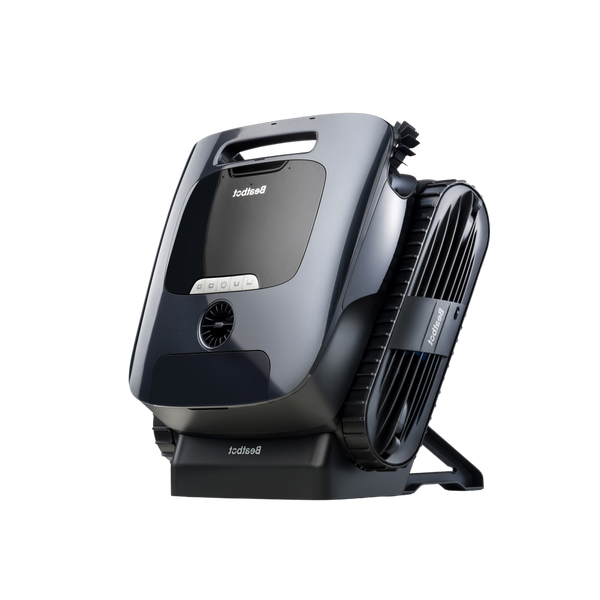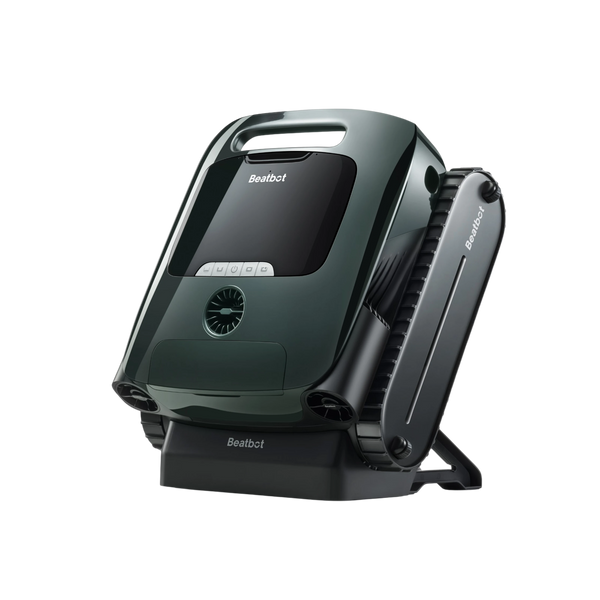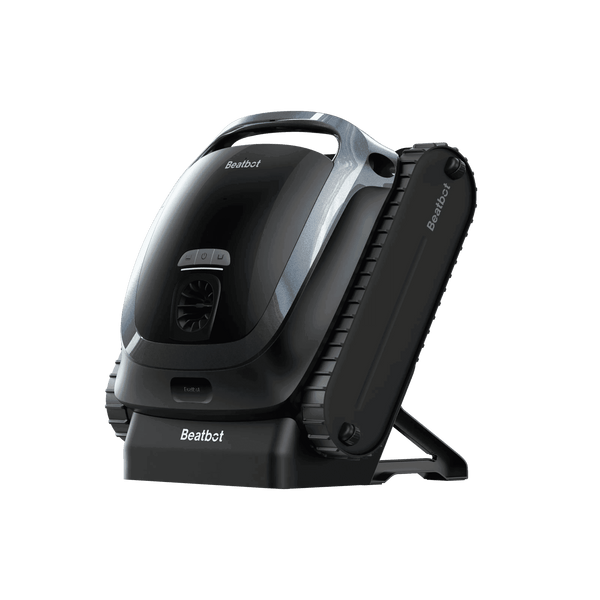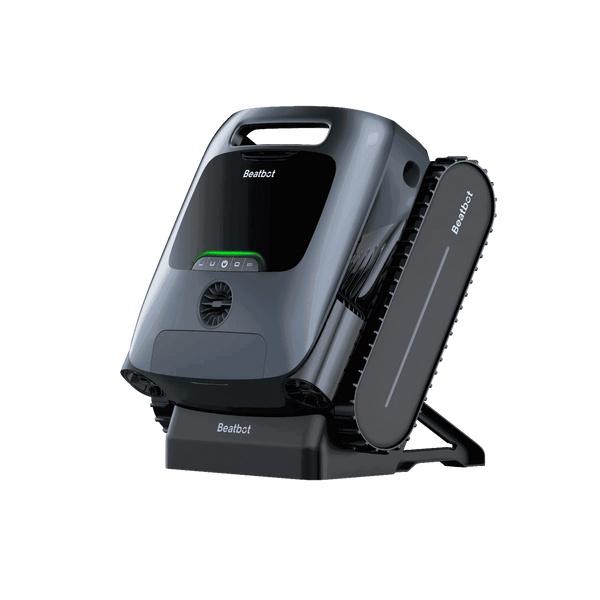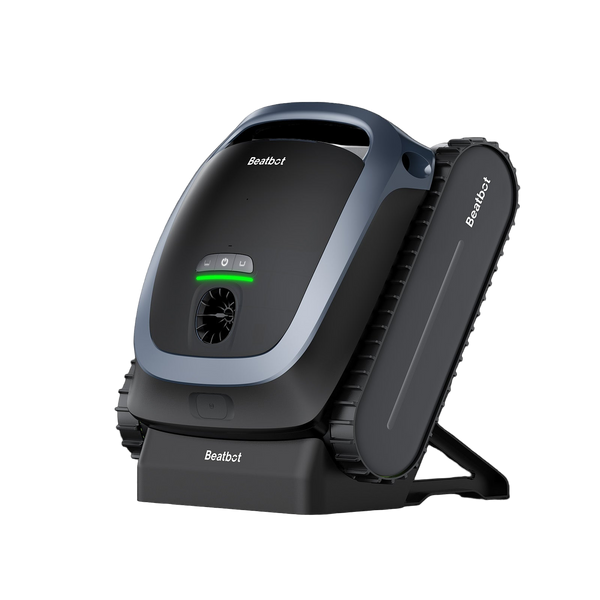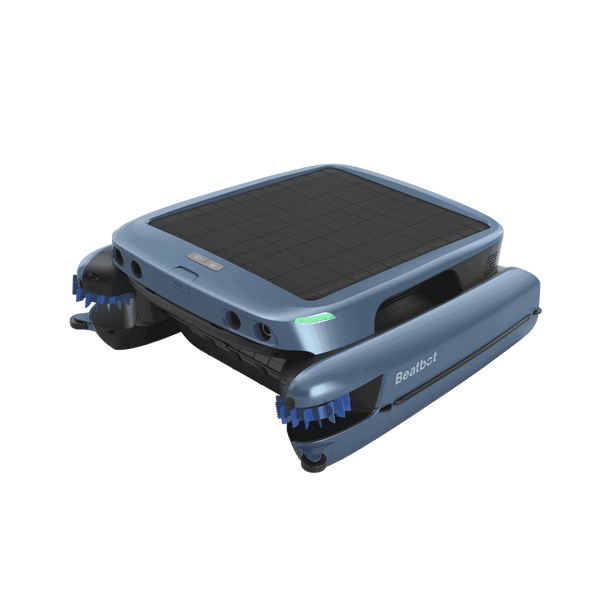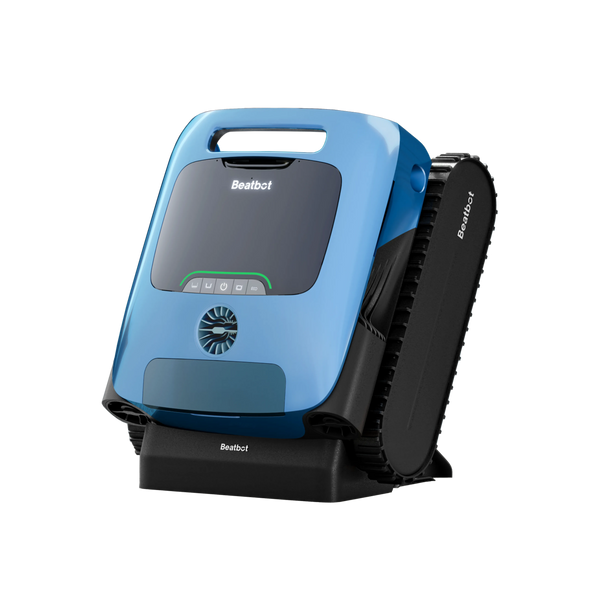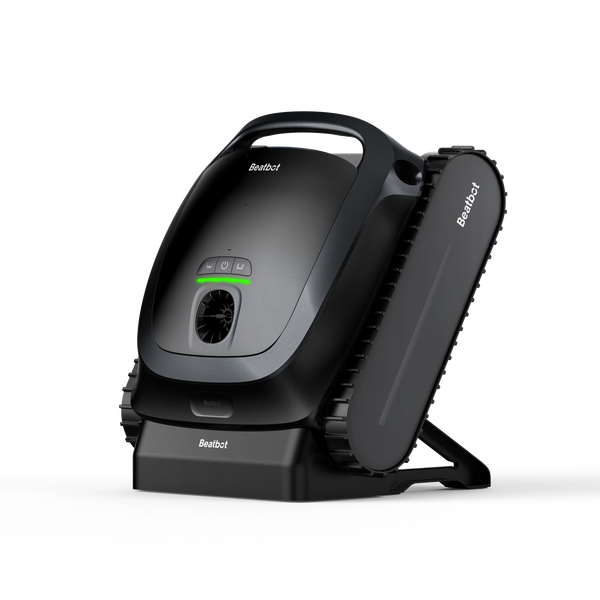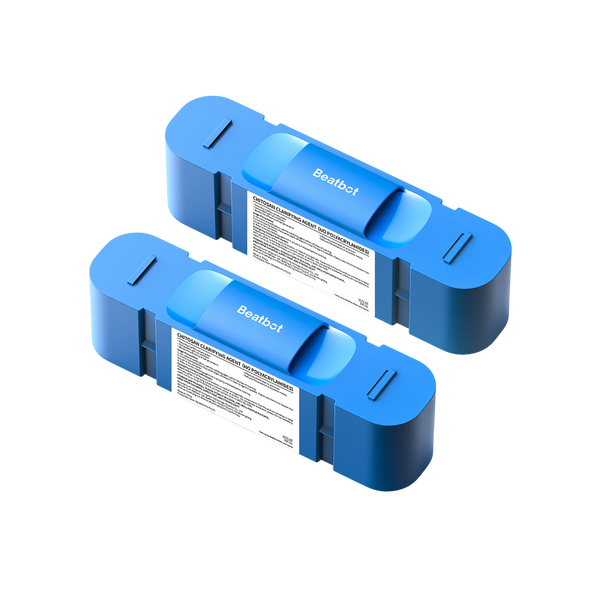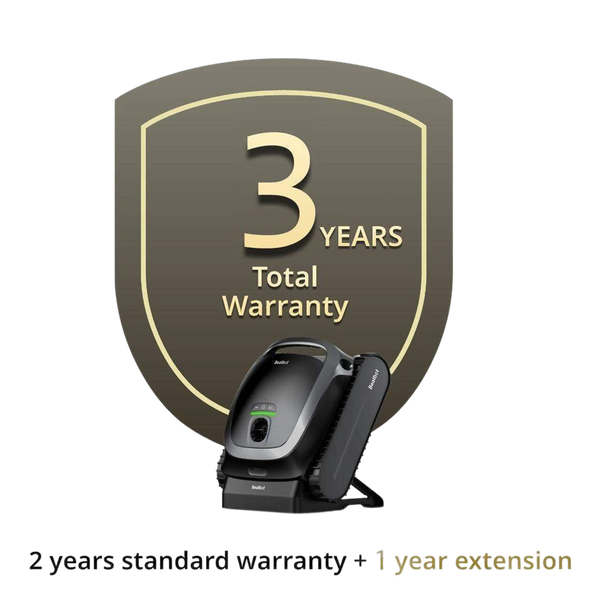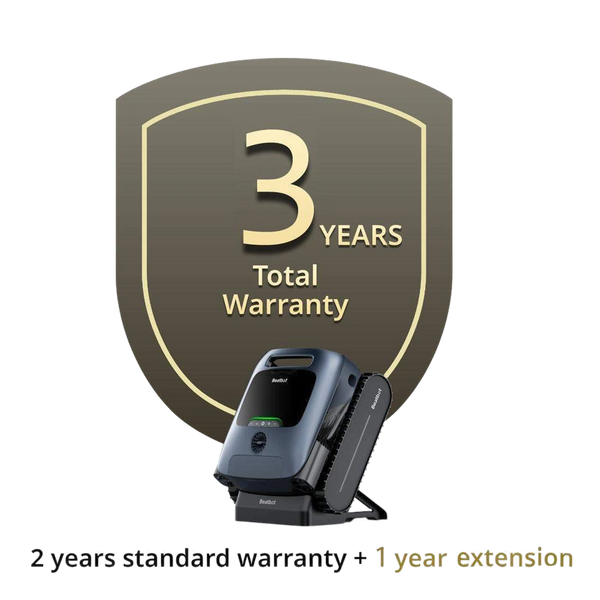Understanding Pool Pump Lifespan: The Impact of PH and Other Key Factors
Pool pumps are the heart of your pool's filtration system, playing a crucial role in maintaining healthy water quality and a clean swimming environment. However, like any piece of equipment, pool pumps have a finite lifespan. Understanding their lifespan and the factors that influence it can help you better determine when it's time for replacement or repair to protect your pool's ecosystem.
Table of content
Your Pool's Guardian: Understanding Pool Pumps
Pool pumps help circulate water, filter debris, and distribute chemicals evenly throughout the pool, playing a vital role in maintaining water cleanliness and chemical balance. Before delving into their lifespan, it's essential to understand their construction and common types.
Components of a Pool Pump:
- Motor: The motor drives the pump impeller, creating a powerful flow of water to circulate within the pool. The motor's power can extend the pump's lifespan, but factors like electrical leaks can also impact its longevity.
- Impeller: The impeller works with the motor to allow water flow through the pump, generating pressure and flow. Clogging and wear of the impeller can significantly reduce work efficiency and affect performance.
- Filter: The filter captures debris and dirt from the water, ensuring cleanliness. However, an overload of contaminants can reduce its operating efficiency.

Types of Pool Pumps:
Understanding the different types of pool pumps is essential for discussing their lifespan based on energy consumption and performance.
- Single-Speed Pumps: These are among the most common pool pumps, known for their simplicity and durability. However, as the name suggests, their speed cannot be adjusted, even if such speed is not energy-efficient.
- Dual-Speed Pumps: These pumps can operate at both low and high speeds. Therefore, when full power is not required, you can reduce their speed to save energy and reduce wear.
- Variable-Speed Pumps: These offer the highest operational flexibility, allowing for multiple speed configurations to save energy and reduce the pump's operational burden.
Lifespan Expectations of Pool Pumps
On average, pool pumps last 8 to 12 years. However, the lifespan of a pool pump is influenced by several factors, and understanding these can help you better maintain your pool's ecosystem.
Factors Affecting Pool Pump Lifespan
- pH Levels: Everyone knows the importance of maintaining good chemical balance. High pH can cause water to become cloudy, increasing suspended particles that clog the pump's filter. Low pH can corrode equipment.
- Usage Frequency: The more frequently a pool pump is used, the faster its components wear out. Regular operation can accelerate wear and tear.
- Maintenance Practices: Regular servicing and cleaning of filters and parts are crucial for maximizing the operational lifespan of a pool pump. Neglecting maintenance can lead to significant failures.
- Environmental Conditions: Harsh weather and exposure to sunlight can accelerate damage to pool pumps. Protecting the pump from these conditions can extend its lifespan. Using a pool cover is a great way to do this.
By understanding these factors, you can better determine when it's time to replace or repair your pool pump, ensuring the continued health of your pool ecosystem.
Knowing When to Replace Your Pool Pump
Eventually, the relentless wear and tear from friction will catch up with your pool pump. While replacing components can extend the life of the motor and filtration system, there comes a point where key parts like the impeller and stator coils, which drive the impeller's rotation, need to be swapped out.When you reach this juncture, the cost of overhauling your system can balloon to nearly the price of a completely new setup.So, how do you know it's time to replace your pool pump? There are several telltale signs that indicate a change is necessary. Here are some of the most common indicators:
Decreased Pumping Efficiency
If you notice that it's taking longer than the typical 8-10 hours to filter out impurities from the water, this could signal a drop in pumping efficiency. A sluggish pump may struggle to maintain the water's clarity and cleanliness.
Sounds of Wear and Tear
Pay attention to any unusual noises coming from your pump during operation. Sounds like rumbling, screeching, or grinding can be a clear sign that the pump is experiencing significant wear.
Corrosion of Impellers and Valves
Inspect the pump for visible signs of corrosion on the impellers and valves. This corrosion is often caused by the oxidation of metal components and can severely impact the pump's performance.
Brittle Wires and Rubber Components
Check the electrical wires that power the motor. Over time, these wires can lose their flexibility, leading to tears and recurring operational issues. Similarly, rubber components can harden and crack, further compromising the pump's functionality.
By being attuned to these signs, you can determine when it's time to invest in a new pool pump, ensuring that your pool's filtration system continues to operate efficiently and effectively.
Relative Blogs
About the author
